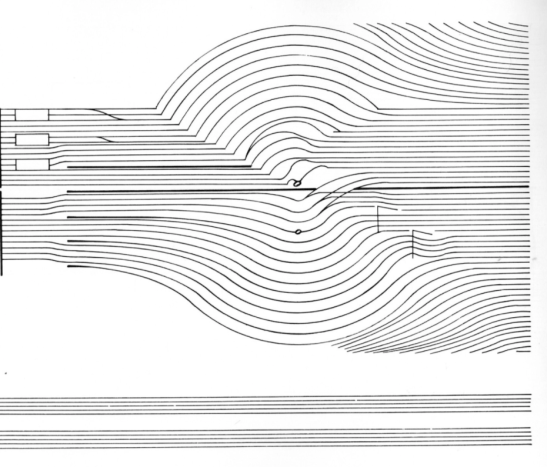ENSO Seminar Series



Human life is a process that is punctuated by events (Stewart, 2019). In this lecture I focus on (i) the temporal dynamics that compose an event and (ii) how such events are grounded in imaginative, creative processes from an affective-embodied cognitive perspective. That is, how do people come up with new solutions, and why do such solutions sometimes deviate from what is expected? Often deviations emerge for no obvious reason and reveal themselves in punctuations such as breaks and ruptures.
I investigate such punctuations by using a cognitive ethnographic approach that spans first and third person perspectives. This approach opens up for scrutinising particularity and granularity in life processes that analytical models have reduced to simple principles and mechanisms. I turn the modus operandi upside down by going beyond functionalistic, formalistic and “pattern-istic” modes of analysis. Following Bergson (1911), causation is behind us (as analysis), whereas creativity is in front of us (as possibility). In this view, the question remains to how people deviate pari passu with the act of getting things done in a socio-material situation.
On empirical grounds I show how human experience is constrained by pacemaking capabilities, that infuse and control rhythm, as duration can be exploited by slowing down, speeding up sensitivity and attention that allow for experientially rich events to manifest. I give examples of how such cognitive pace-making emerges in empirical settings spanning a vast range of activity sites such as reading, emergency medicine, psychotherapy and dance.
References Bergson, H. (1911). Creative Evolution. New York: Henry Holt and Company. Stewart, J. (2019). Breathing Life into Biology. Cambridge: Cambridge Scholars Publishing.
Link to join/watch the seminar: https://youtu.be/jzmnCA2KZXs
